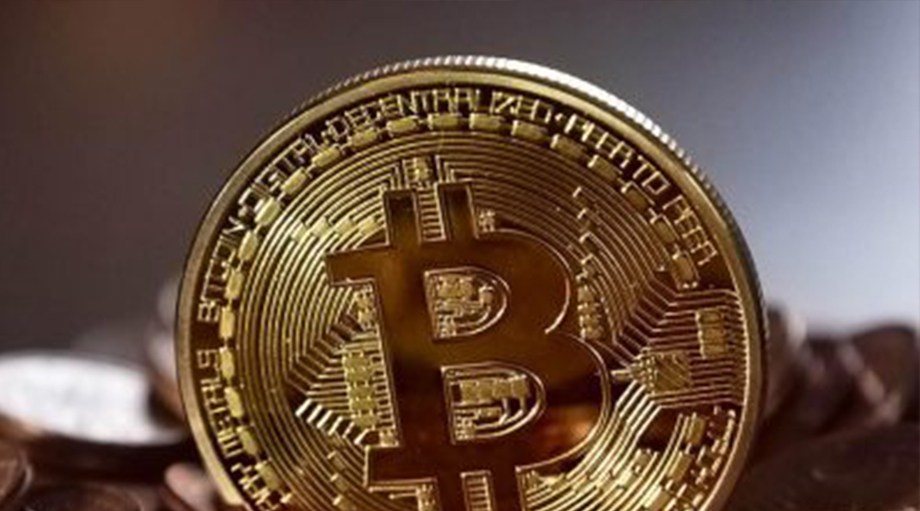
One has to wonder if Satoshi Nakamoto ever thought this would happen back in 2008 when he invented the cryptocurrency as a “peer-to-peer electronic cash system”.
A Bitcoin clone, Bitcoin Cash, recently came into being when the coders and miners behind the decentralised cryptocurrency couldn’t agree and split into Bitcoin Cash. Within 24 hours of trading opening, Bitcoin Cash was valued at more than $24 billion.
BBD executive Peter Scheffel explains, “In case you’re confused about what exactly a cryptocurrency is, think of it as digital cash. No government, company or single entity administers cryptocurrencies. Transactions are kept secure through cryptography, allowing for individuals to send anonymous peer-to-peer transactions. Blockchain technology enables shared record-keeping and processing, to ensure no digital money can be copied or spent more than once. Essentially a person can purchase products directly from a merchant without an intermediary such as a bank or financial institution.”
Bitcoin makes use of a form of mathematics that involves cracking codes. These codes are designed in such a way that they become significantly harder to crack over time and therefore require more computing time to crack. This is called mining. The total number of Bitcoins that can ever be mined is limited to 21 million and already two thirds have been mined.
As Bitcoin has become more popular, so the transaction processing speeds have slowed. This inability to scale or cope with high volume transactions (the Bitcoin network processes at seven transactions per second) was another reason for the establishment of Bitcoin Cash. Despite priding themselves on being decentralised, recent developments have shown that the cryptocurrency does in fact have central controllers – the coders and miners. The coders behind Bitcoin Cash believe that an 8Meg block size will allow for faster transactions and divert trade back to a point-to-point transaction, independent of intermediaries.
“Many people who have purchased their Bitcoins through exchanges, have also chosen to keep their Bitcoins with a third party such as an e-wallet or exchange, much like a traditional bank.
Keeping your Bitcoins in one of these means that they have none of the protection of the underlying cryptocurrency.
It also means that these users are at the mercy of their exchange or wallet provider. Only some wallet and exchange providers are catering for Bitcoin Cash.”
B2B Bitcoin payments are on the rise and since BBD is already involved in developing integrated payment solutions, we believe in a future where cryptocurrencies and cryptopayments are commonplace. We also see blockchains having many interesting applications for our clients in both the government and finance sectors for the likes of property management and verification purposes.
It’s early days yet, but remember that cryptocurrencies are a bet, not an investment.



